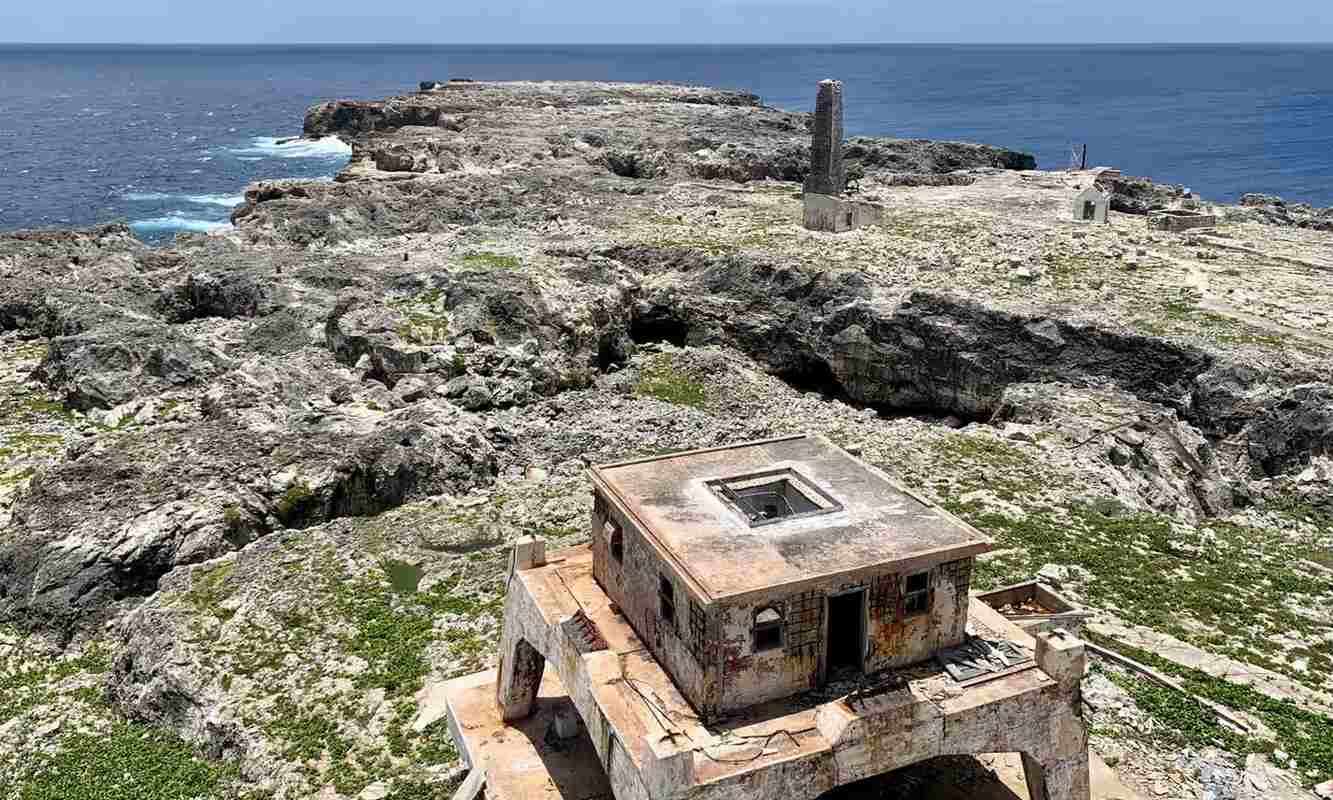Breakthrough in Recycling EV Batteries Can Recover 100% of Aluminum and 98% of Lithium Thanks to Swedish Scientists
Swedish researchers are recycling EV batteries while recovering 100 percent of the aluminum and 98 percent of the lithium.

A tiny uninhabited island in the Caribbean waters of the territory of Anguilla was almost completely empty but for mice, but has recently been totally restored to a pre-colonial state of biodiversity.
Called Sombrero, the island has joined a number of case studies around the Caribbean and the world on how to completely eradicate invasive species and protect these unique ecosystems.
Caribbean islands account for only 0.16% of the Earth's landmass, but rank in the top three in the world as a collective for biodiversity.
These isolated ecosystems have historically been vulnerable to invasive species like goats and rats, and on Sombrero the situation was critical, as mice were preying on native reptiles and nesting seabird eggs.
Several endemic species found nowhere else like the Sombrero wind scorpion, the Sombrero bee, and the Sombrero ground lizard were nearly extinct from a combination of mice, vegetation loss, and hurricanes, but a program launched by Anguillan conservationists with help from the large NGOs Flora & Fauna and Re:wild, was able to both eradicate the mice, and see rebounds in the populations of these animals in just 2 years.
For example, the ground lizard numbers nearly 900 individuals according to the most recent survey, compared to less than 100 when the program started in 2021.

After the mice were gone, the Anguillan National Trust began a replanting campaign to restore native vegetation to help ensure the island's soil stays put under hurricane-force winds.
"The more diversity you have in terms of the vegetation, the more resilient it will be to a changing climate," said Anguillan conservationist Devon Carter. "Already, the island is looking greener and healthier. In the future we hope to see a whole different landscape and much more wildlife."
Per Flora & Fauna, the Sombero project is just one of more than 30 successful offshore island restorations carried out by Fauna & Flora and Re:wild and their wide network of local partners, all of which have swiftly led to impressive improvements in vegetation cover and the recovery of numerous native species.
It isn't a trend happening merely across the Caribbean, but elsewhere as well. Several islands off the coast of Australia and the Pacific Ocean have experienced similar bouncebacks after rats or rabbits were eradicated.
SHARE This Wilderness Forever Naturalized Down In The Caribbean…
Be the first to comment